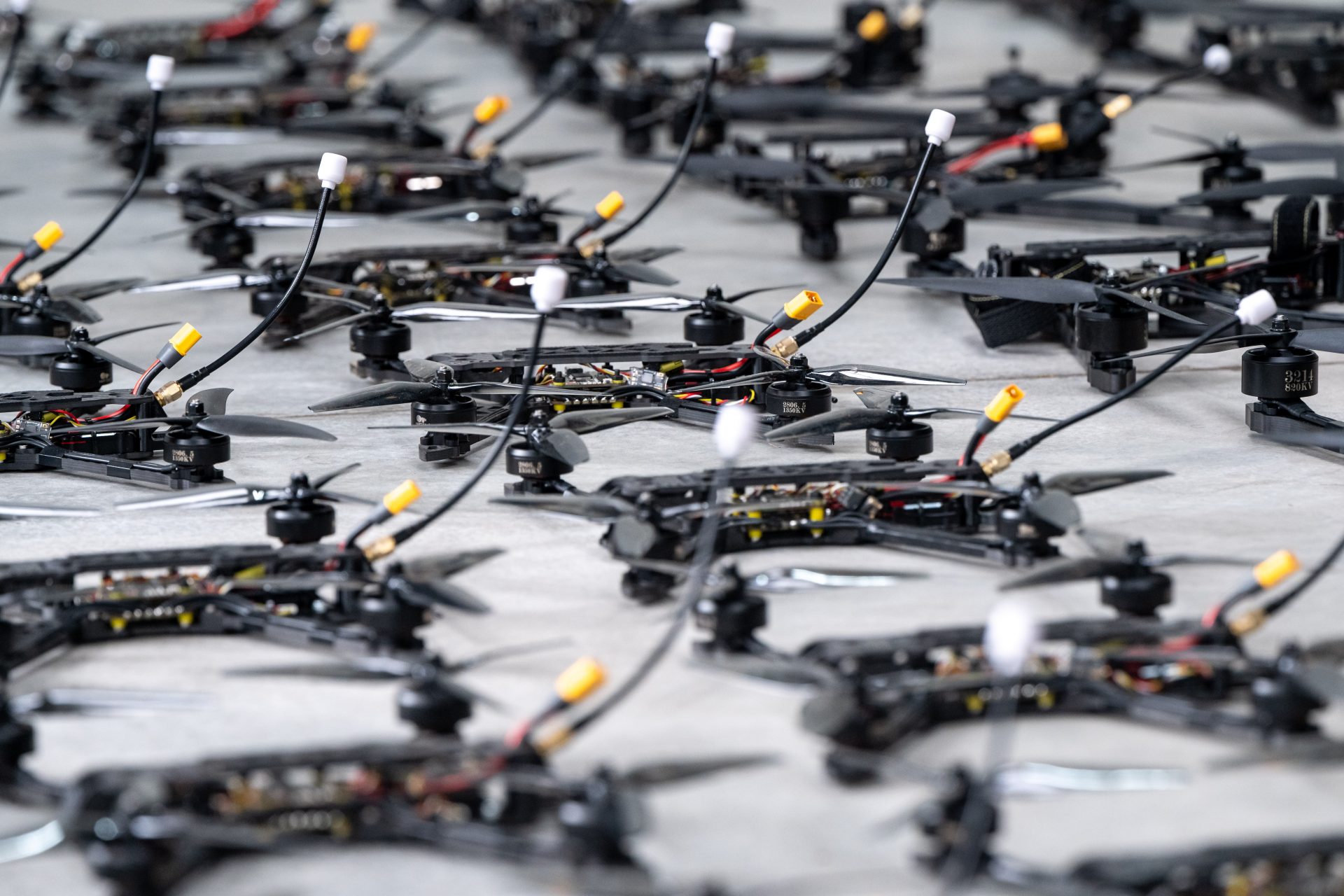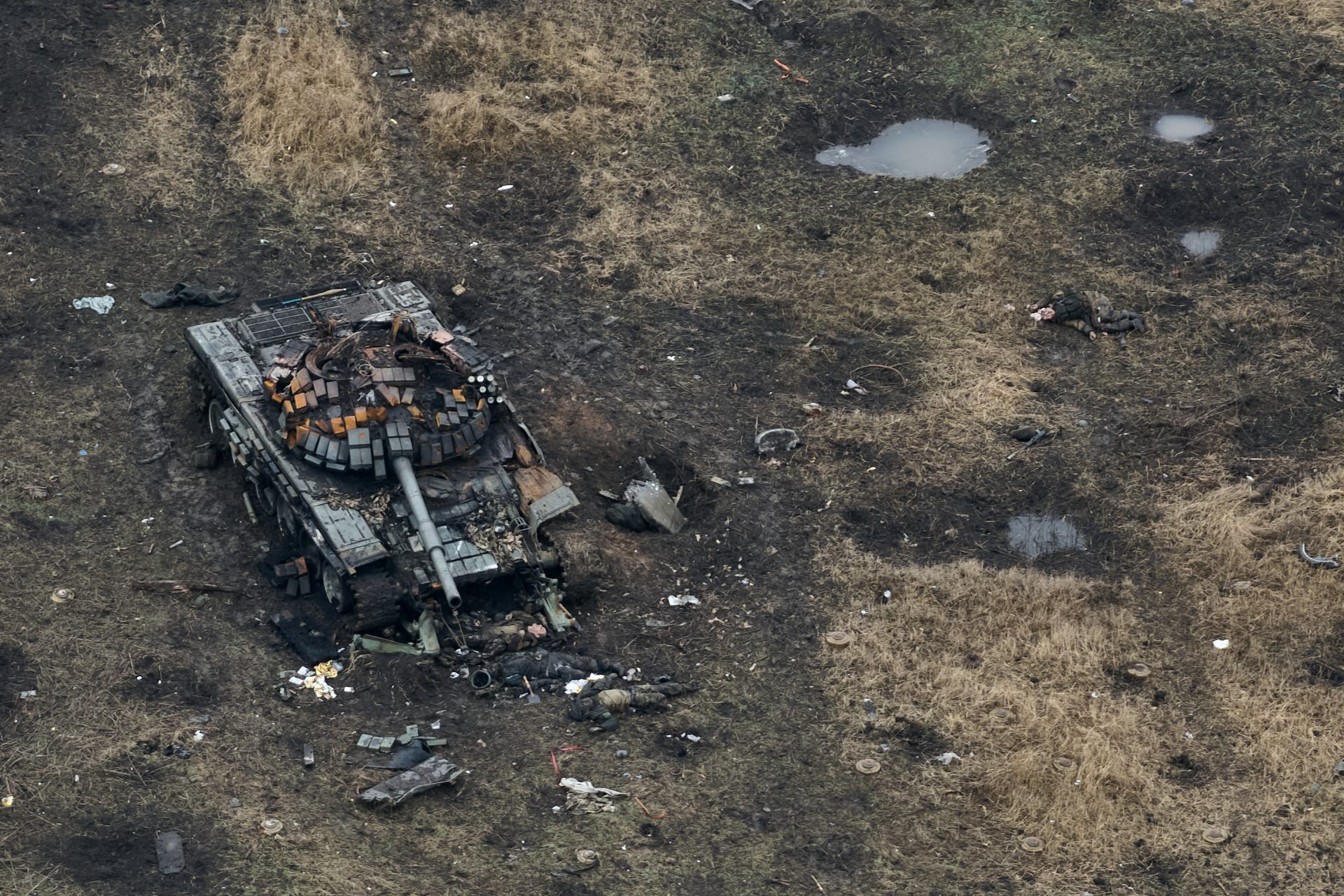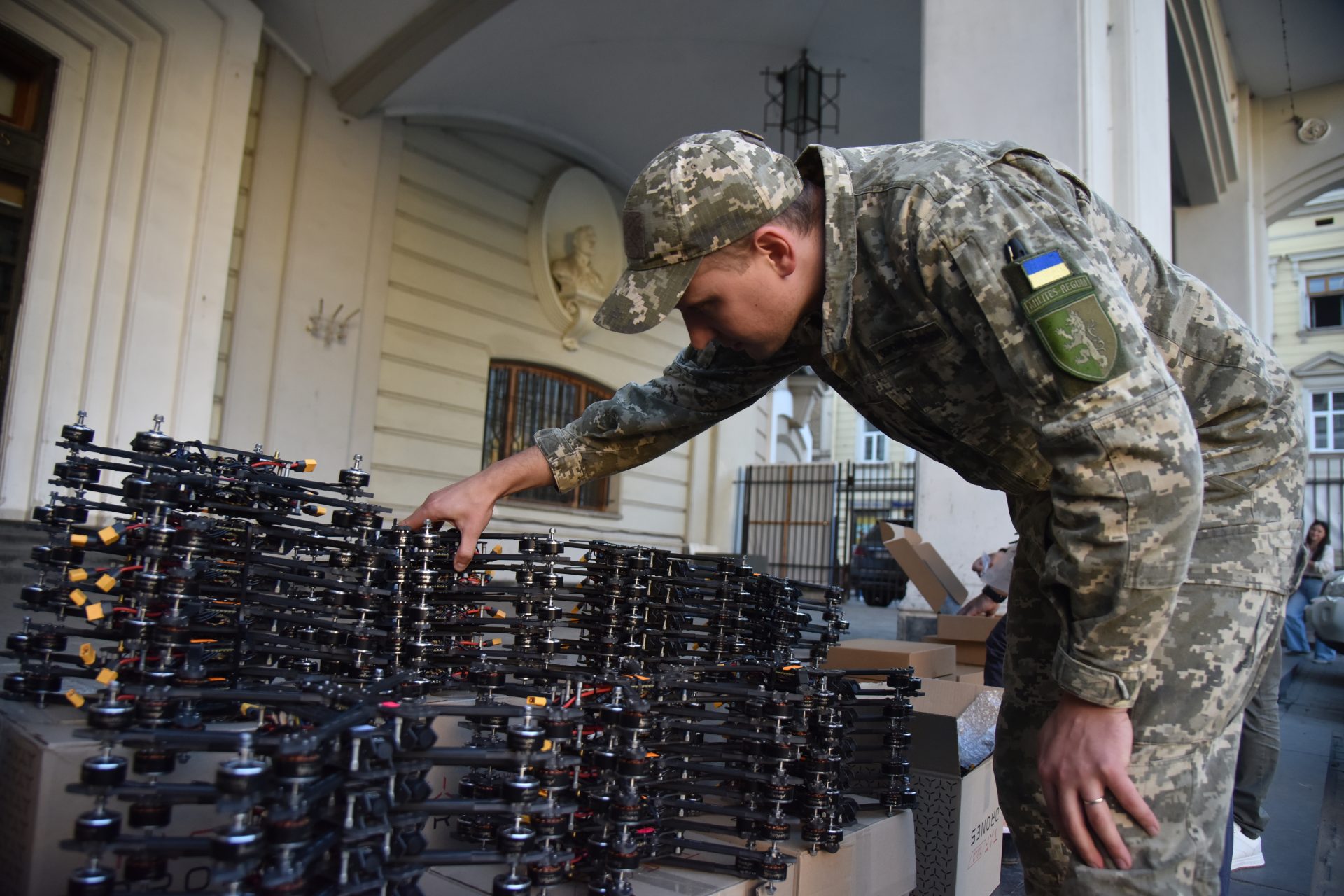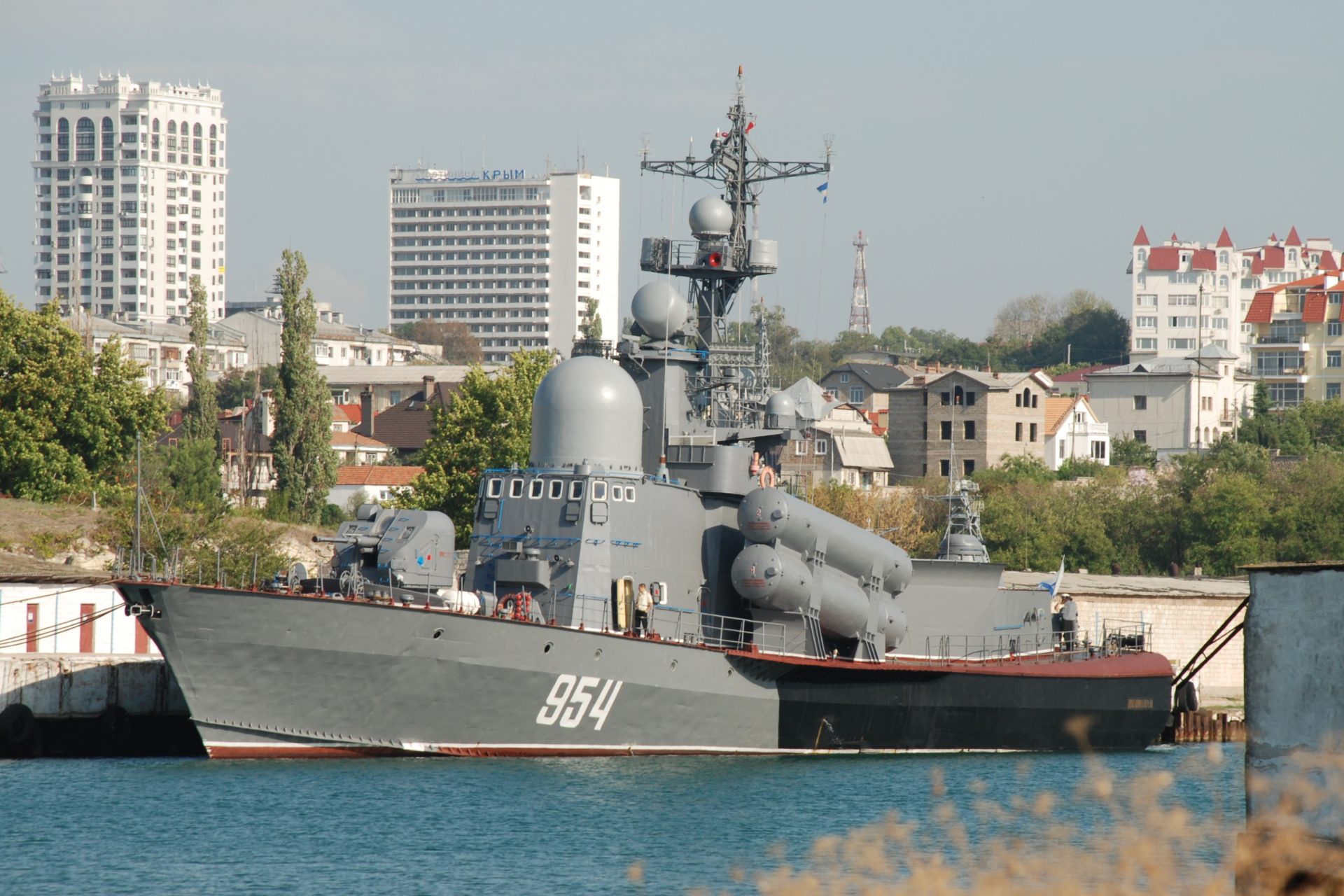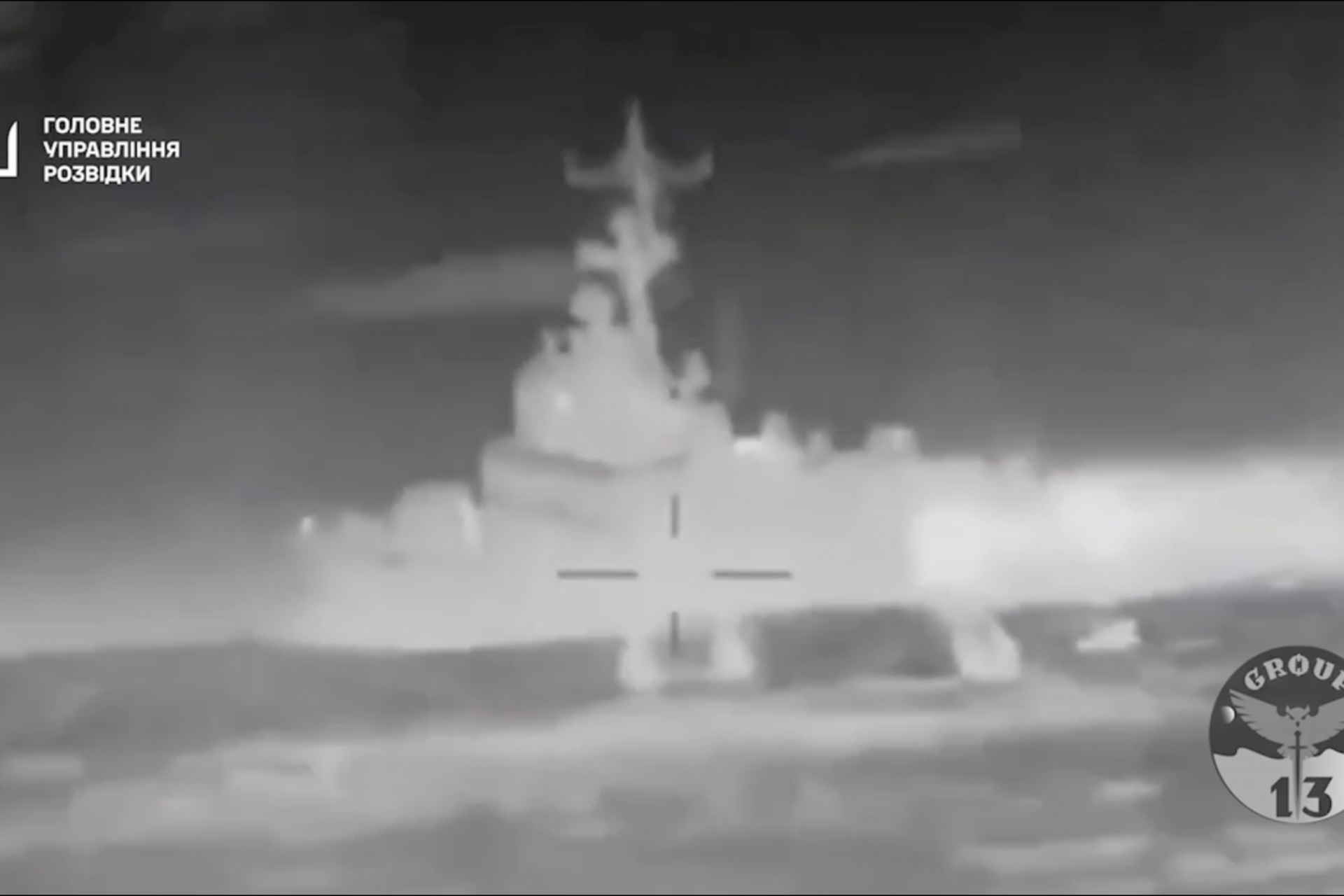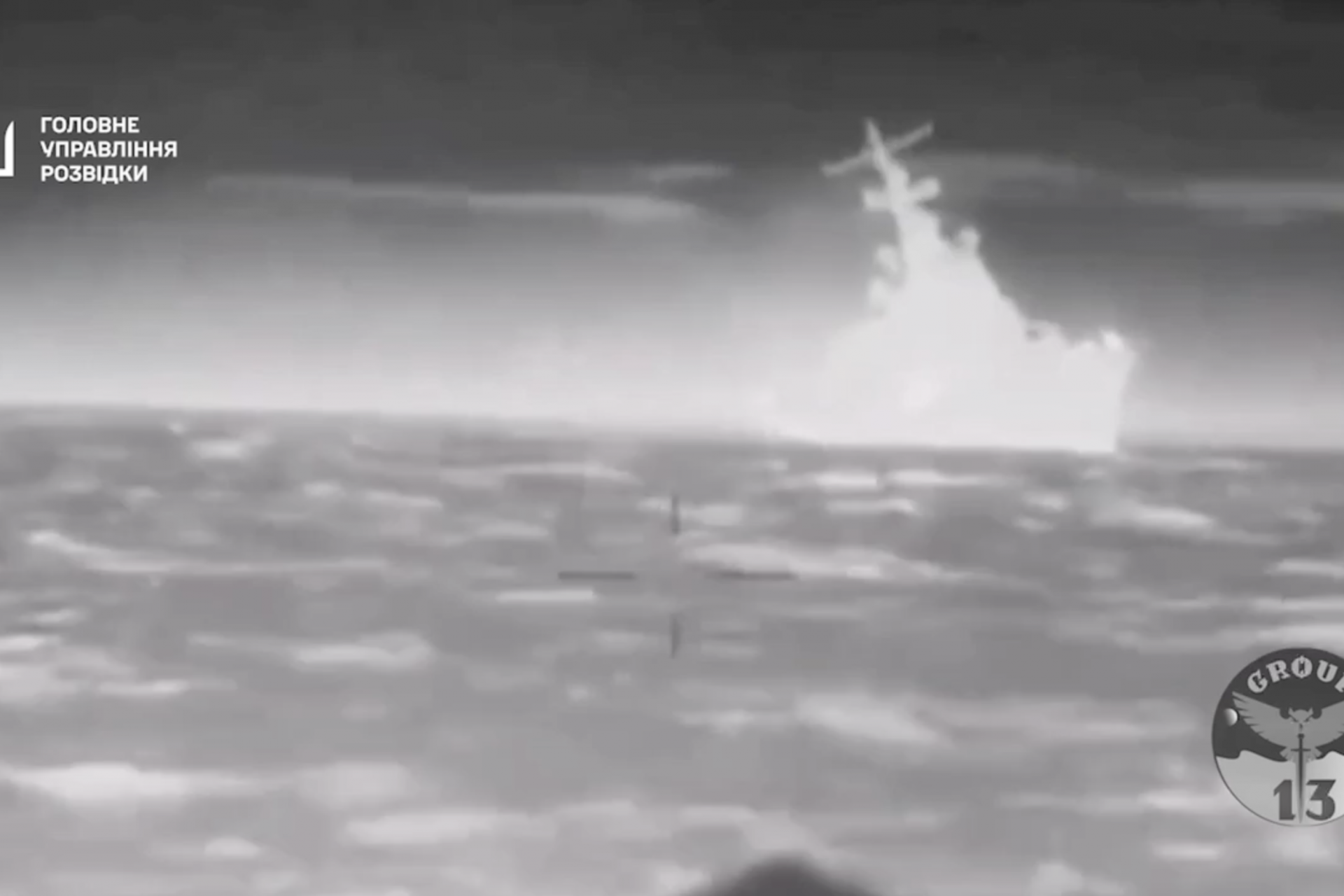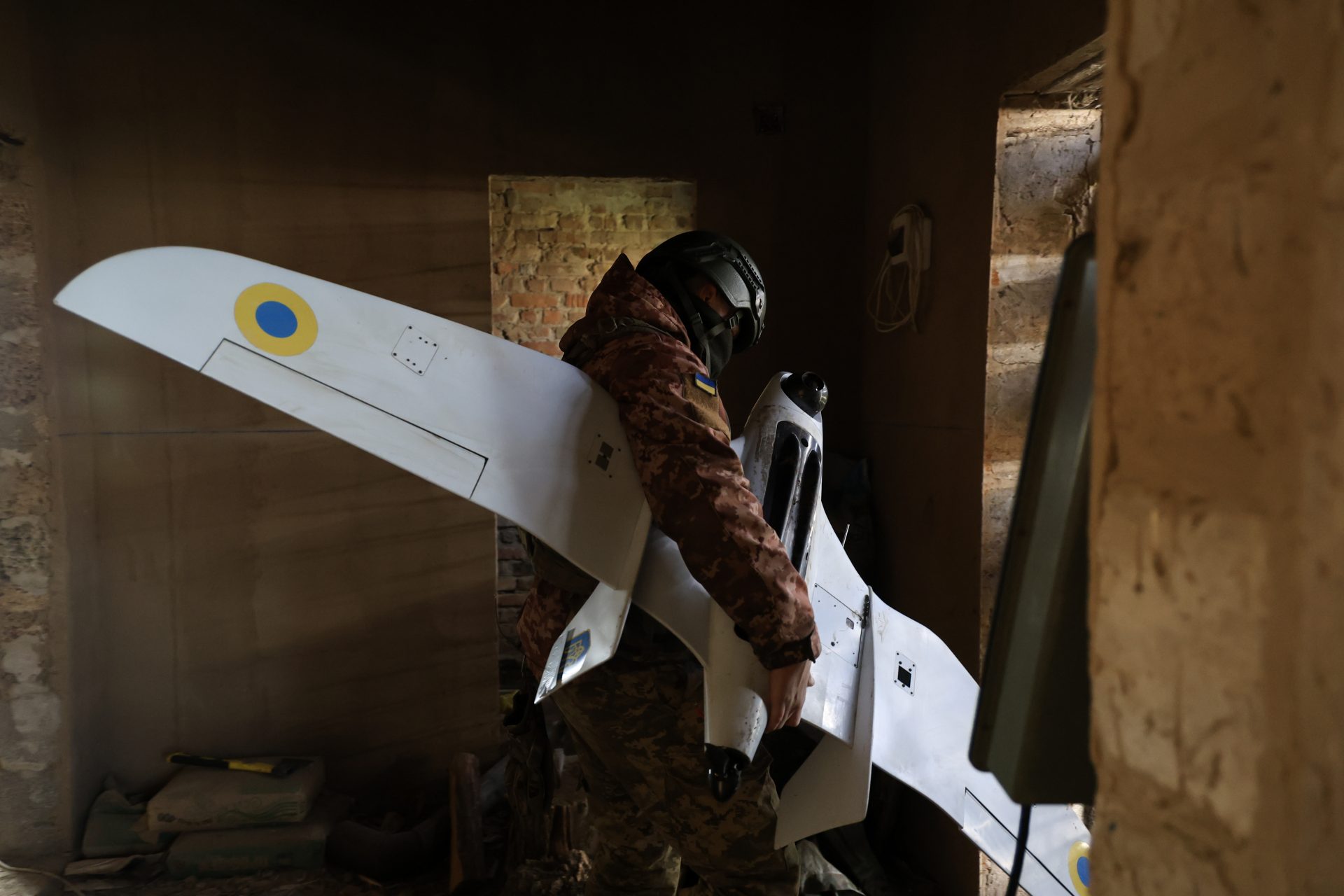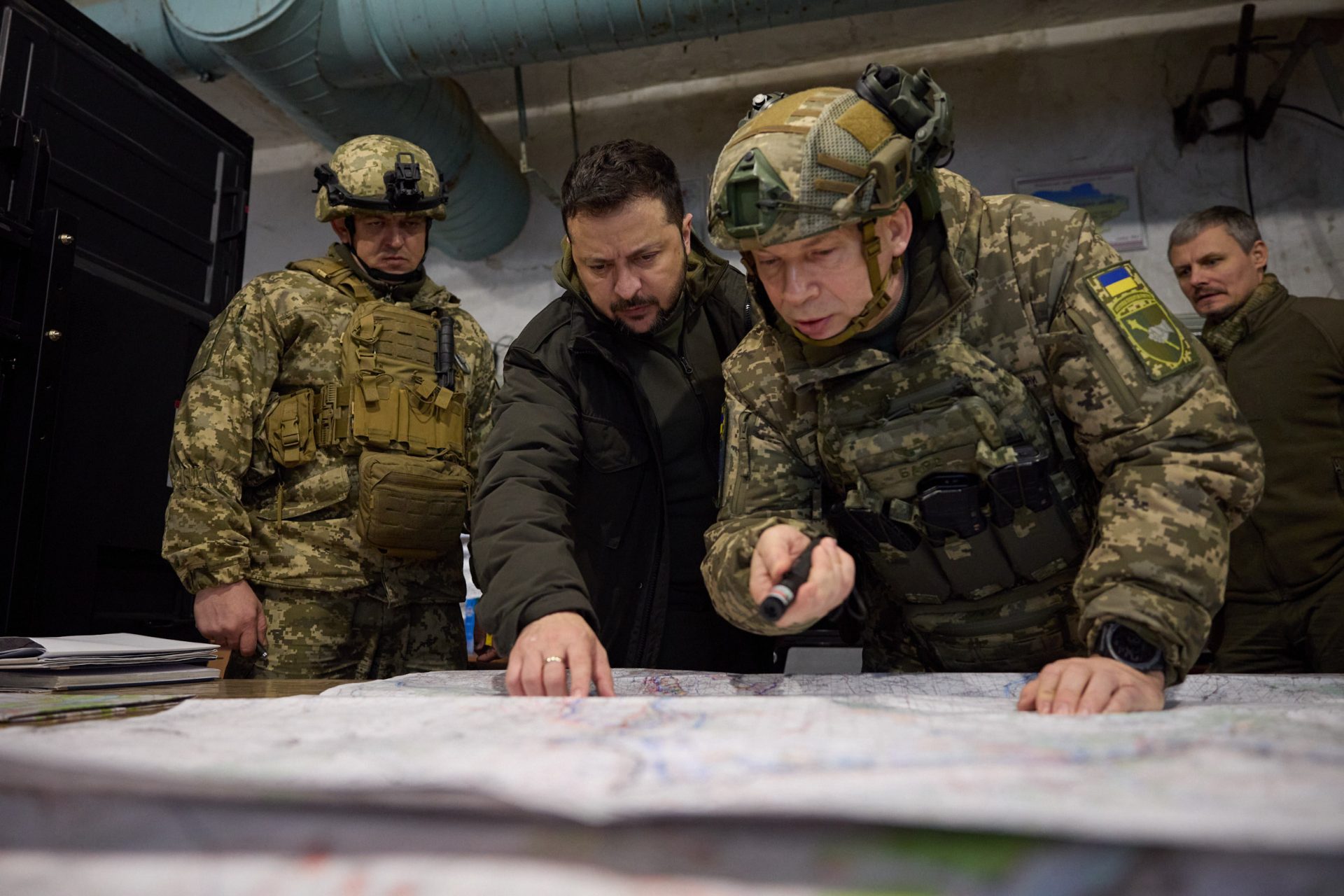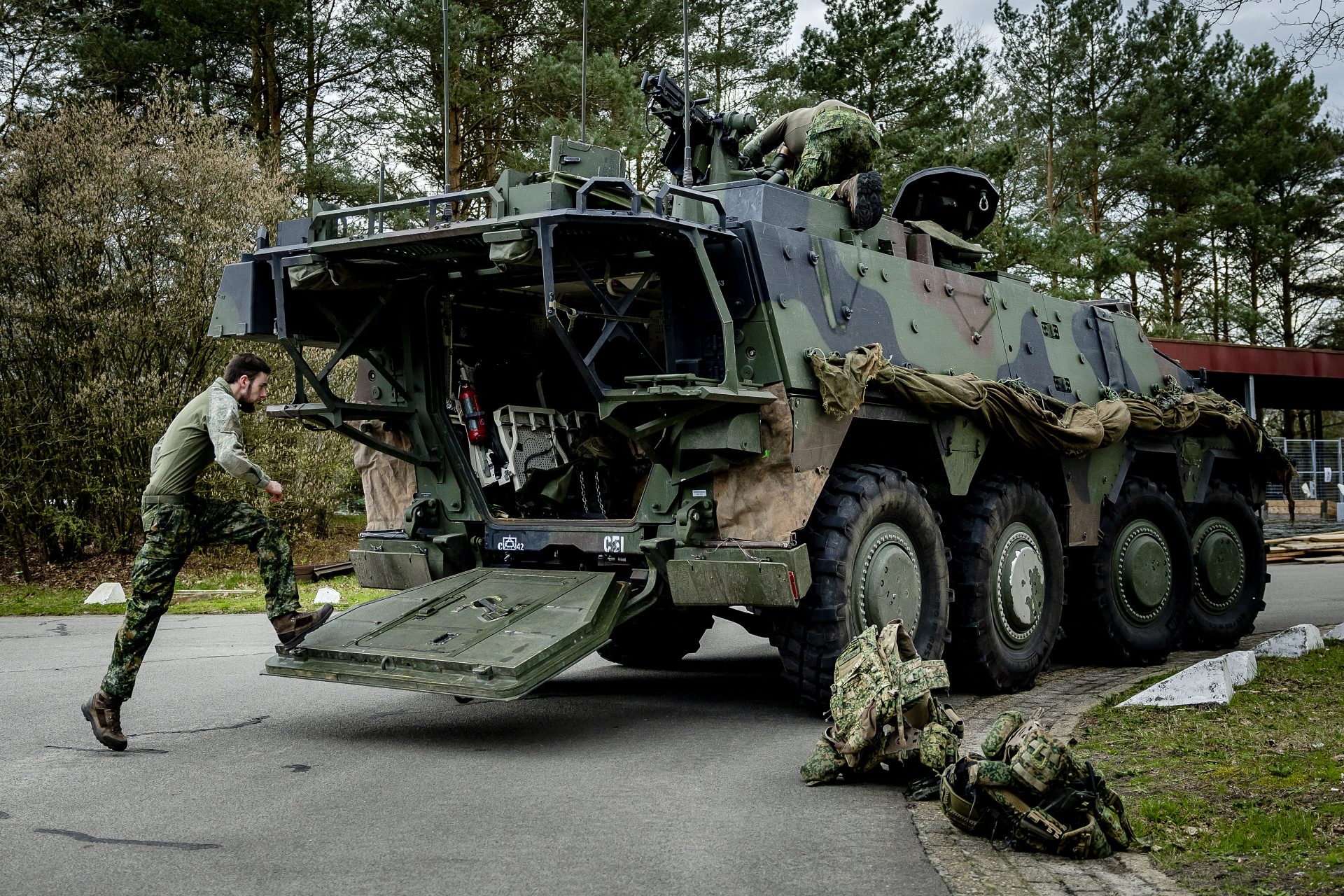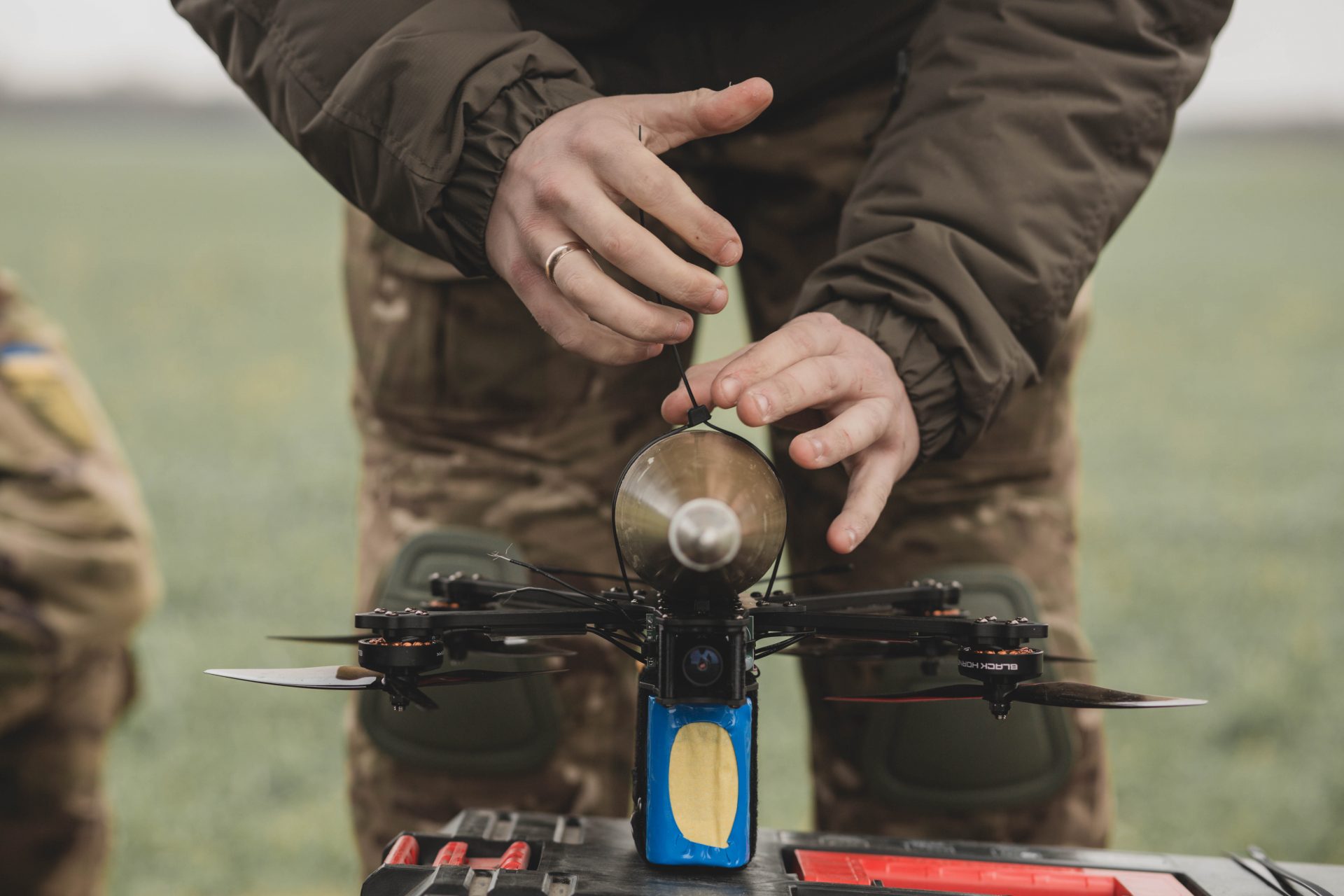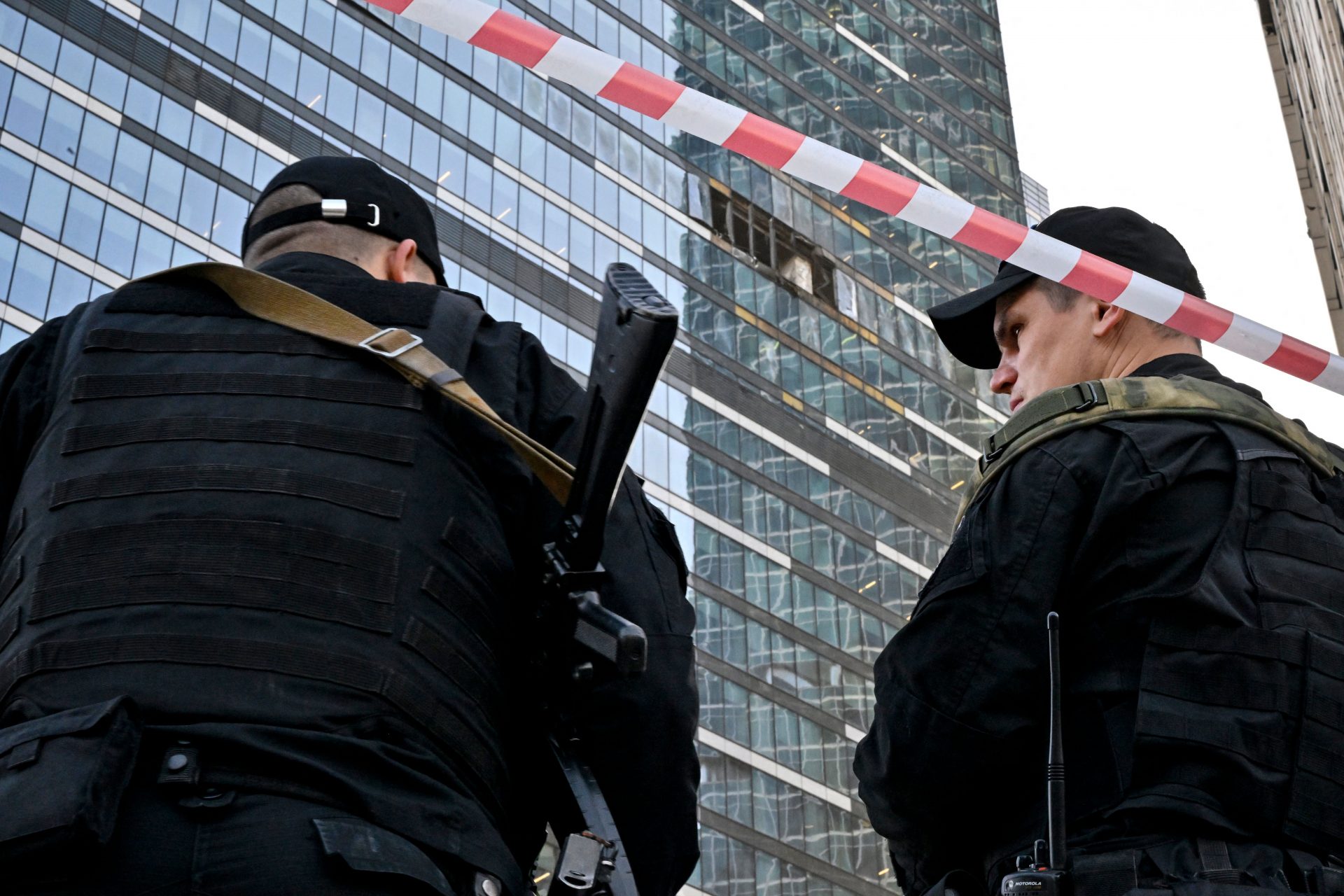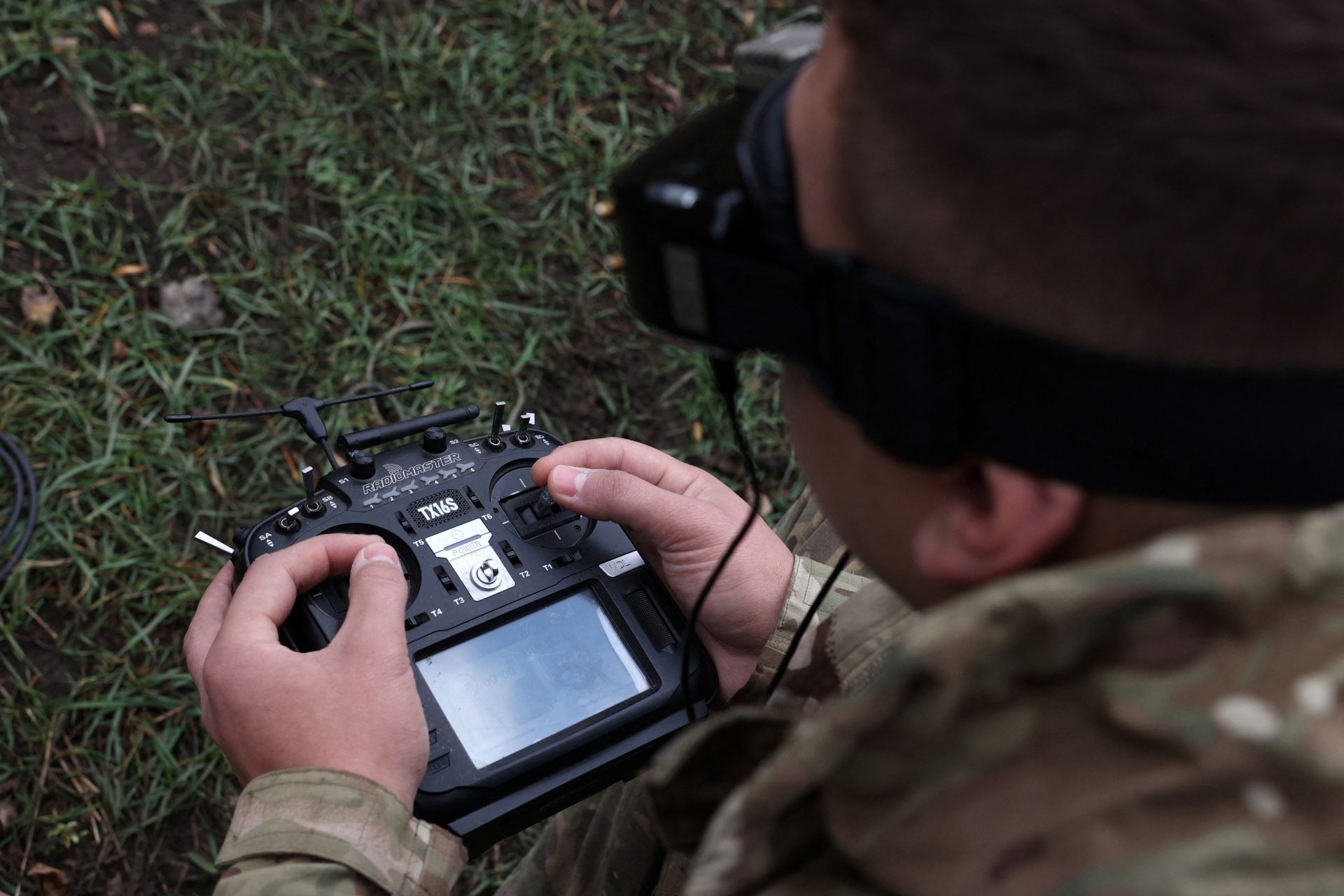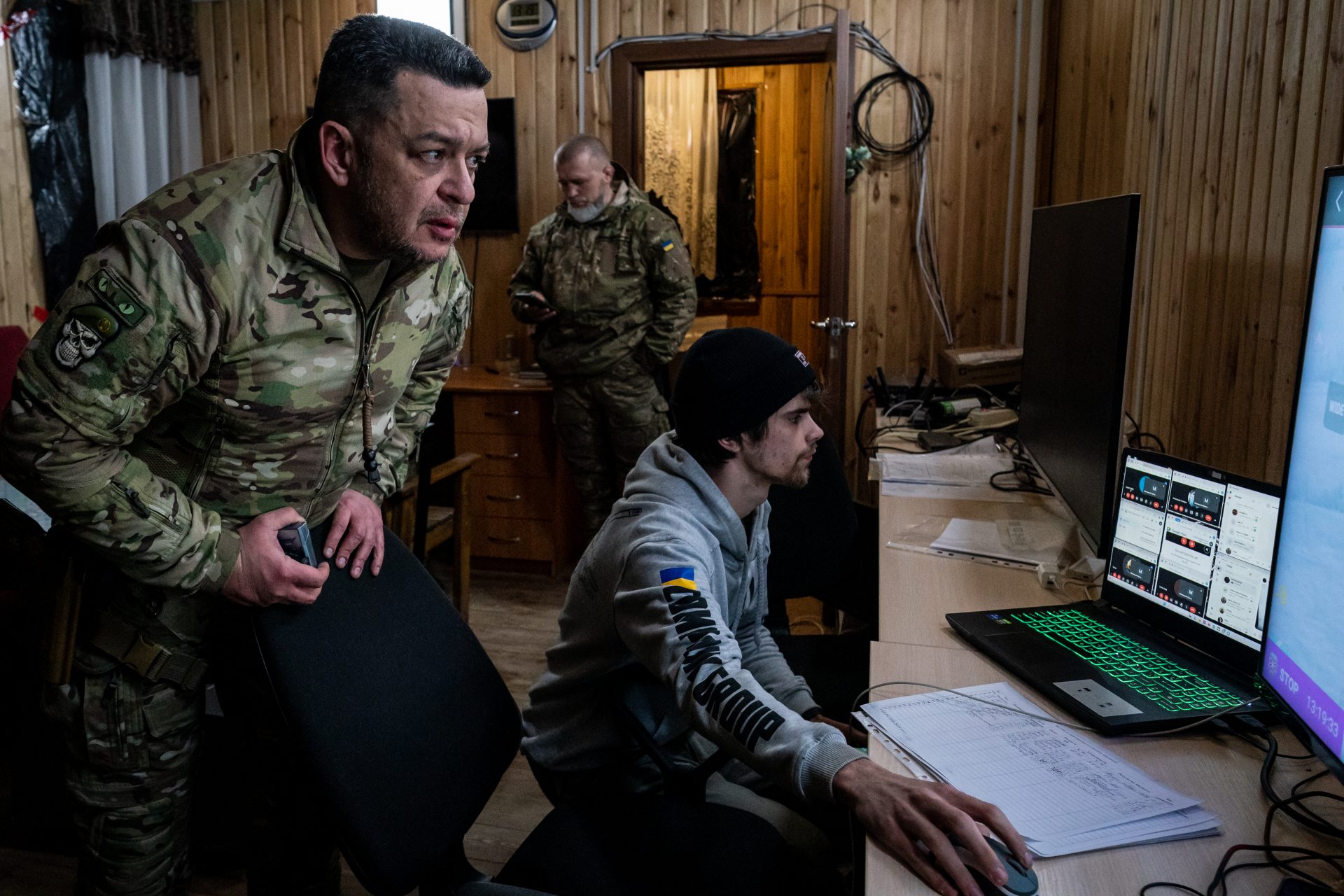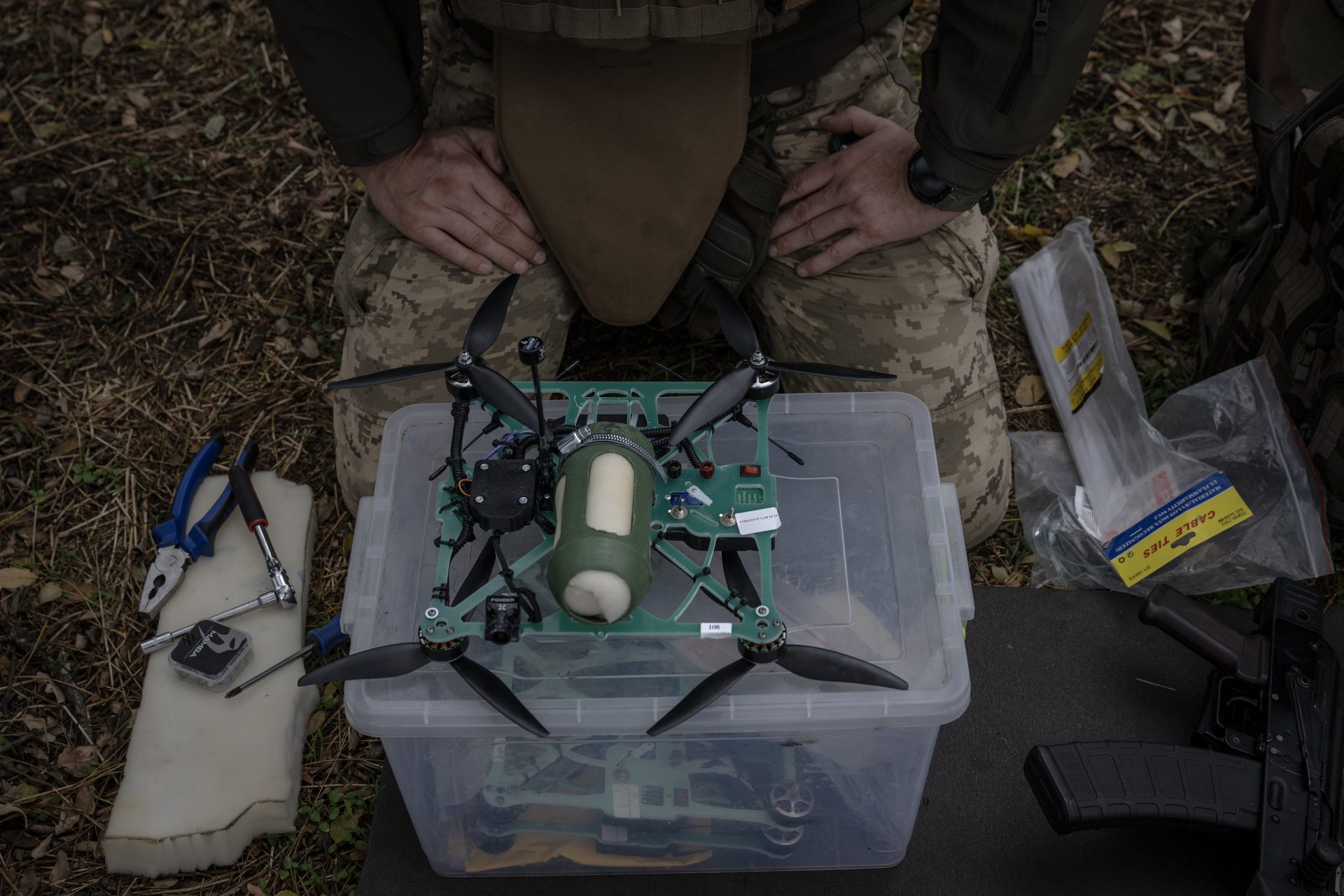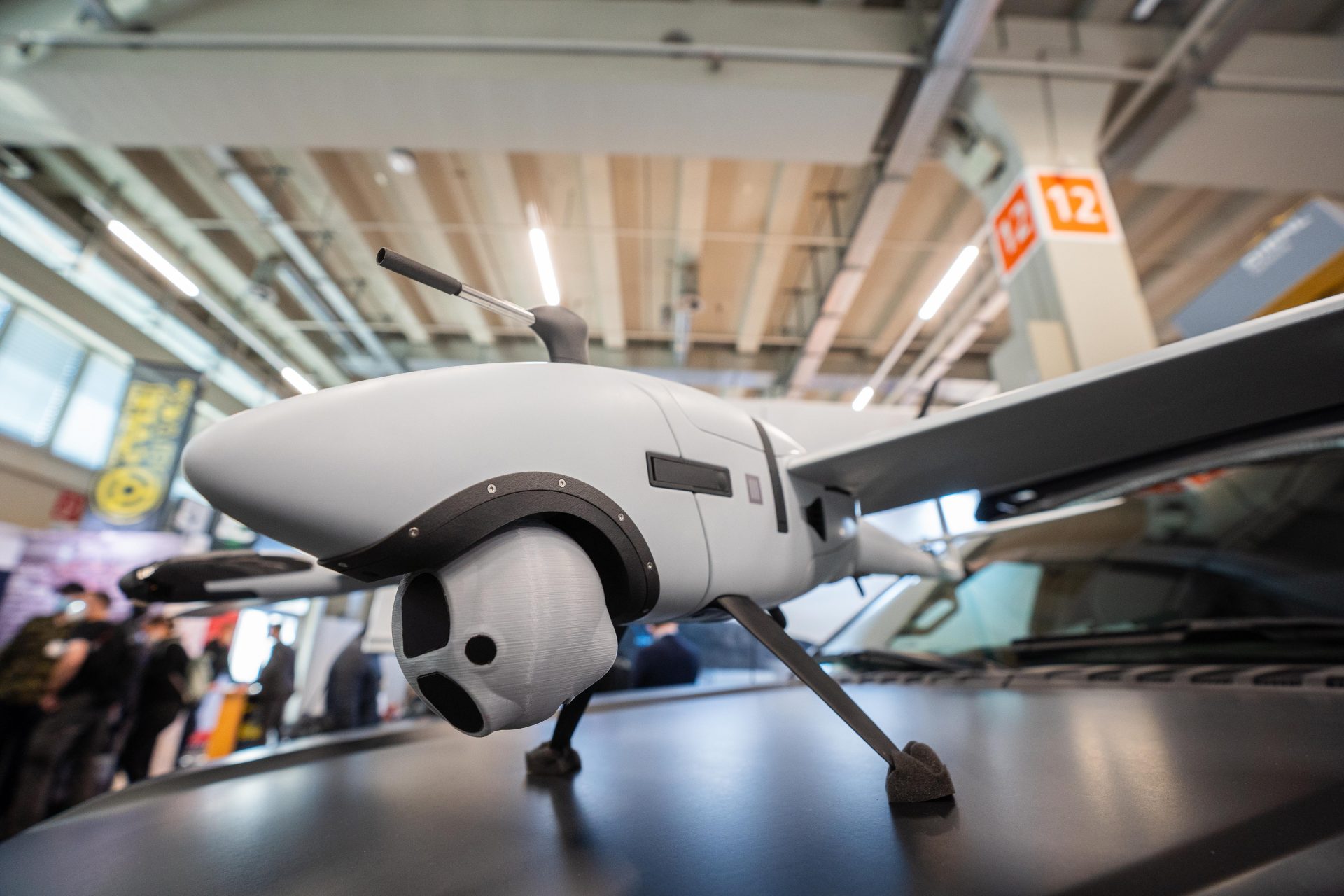Deadly drone swarm tactics and technology could change the nature of modern war
Drones have become an increasingly dangerous and deadly weapon on the modern battlefield, but evolving technology and tactics could make drones even more concerning tools in the context of war.
If one drone can be used to destroy an expensive piece of military equipment then more than one seems like a good plan if you attack something more vital that is well-defended and that’s the thinking behind the drone swarm tactics.
Drone swarms aren’t a difficult concept to understand but they are more than what their name might imply. According to Newsweek, swarming tactics employ a large number of drones to overwhelm an enemy's defenses during a strike.
Drone swarms have already been used on the battlefields of Ukraine. One of the most prominent examples came in February 2024 when Kyiv used seaborne drones to swarm Russia’s Ivanovets missile corvette, Newsweek reported.
Photo Credit: Wiki Commons By Bibikoff, Own Work, CC0
Open-source video evidence of the attack was reviewed by the UK Ministry of Defence, which concluded that Ukraine successfully used sea surface drones to swarm and strike the Ivanovets, which resulted in the Russian ship sinking.
Photo Credit: Telegram @DIUkraine
However, there are more worrying uses for drone swarms than attacking expensive and high-value targets like multi-million dollar naval ships. Drone swarms can be used in a variety of ways that will change how wars will be fought.
Photo Credit: Telegram @DIUkraine
Analyst Zak Kallenborn told Business Insider that “drone swarms are useful for a broad range of military operations from finding and destroying submarines to blowing up tanks and cleaning out enemy air defenses.”
"Exactly which mission drone swarms are best suited to is unclear, but their potential is huge," Kallenborn continued. "The challenge is separating where drone swarms really matter from where they're mostly cool sci-fi stuff."
Militaries around the world understand the threat that massing drones on the battlefield could bring to warfare and they’re already working on solutions to counter what could become one of the most dangerous new weapons on the battlefield.
“Everybody in the Western military establishments is eagerly trying to understand and digest insights coming out of the war in Ukraine,” David Ochmanek, an analyst with the American think tank Rand Corporation, told Business Insider.
"This sounds awful this way, but we don't have very many opportunities to learn from real-world, large-scale combat," Ochmanek added. Rand Corporation has been at the forefront of trying to understand how drones will change warfare.
In February 2024, Rand Corporation published a study on the emerging threat of drone swarms and revealed several fascinating insights that should have military planners and society at large worried about what the technology could do.
At present, most drones are controlled by an operator but the real threat in the future is when drones can act independently from humans and pursue their targets without the need for detailed input beyond some simple instructions.
Drone technology is also maturing at a time when several other advances are being made such as technologies like artificial intelligence. Several issues are converging that make drone swarms a worrying problem for off the battlefield.
“Unmanned aerial systems (UASs), or drone technologies, for both individual systems and for surrogate swarms represent a current threat and, in the case of intelligent swarms, a growing threat given continued advances in range, payload, and power,” the Rand report explained.
“The maturing of intelligent swarms will come at the convergence of multiple technologies, including artificial intelligence, big data, Internet of Things, and fifth-generation cellular (5G), which will combine to support the development and employment of these capabilities,” the report added.
How drone technology will change the battlefield and the world has yet to be seen. But from the current research being done into the topic, it looks like this emerging tech could change war in ways we haven't seen for a century, and change the world just as much too.
More for you
Top Stories



